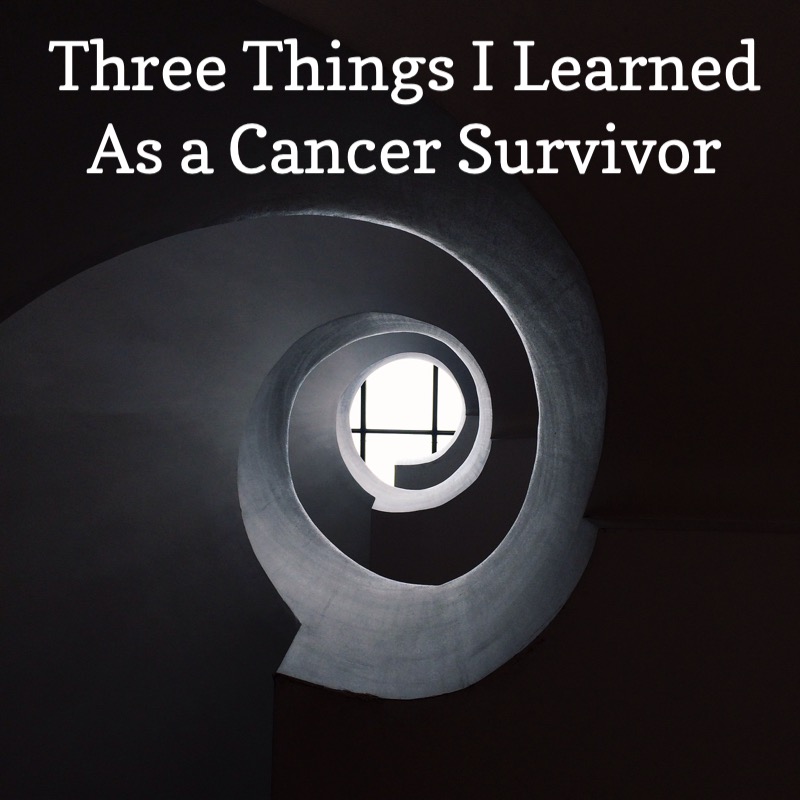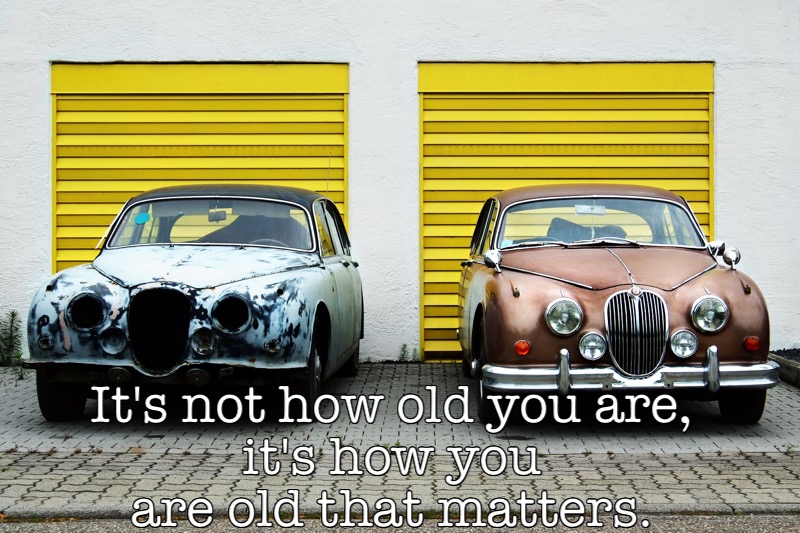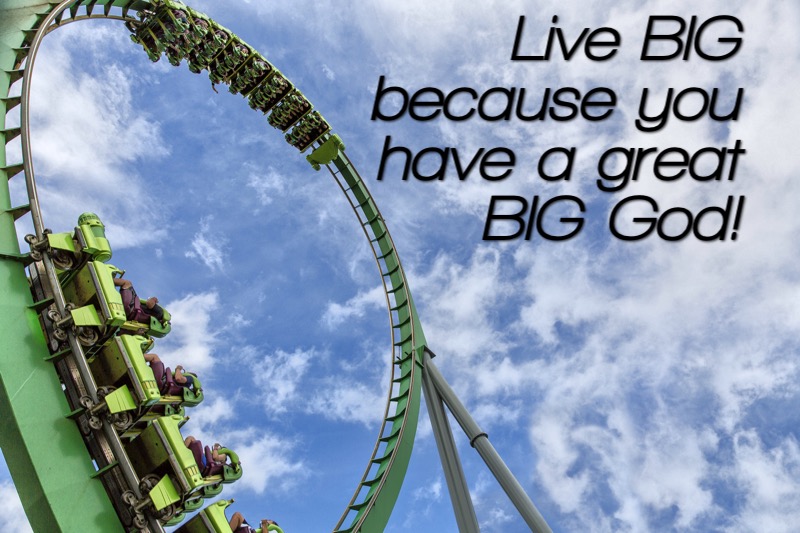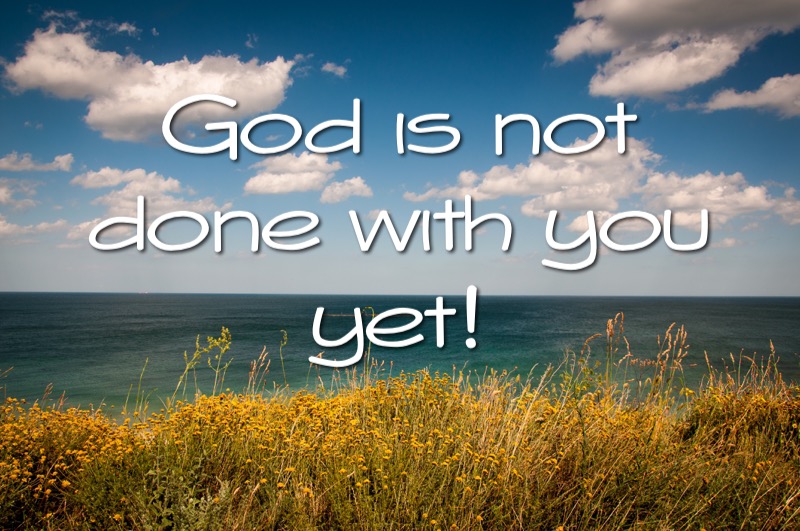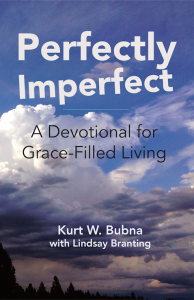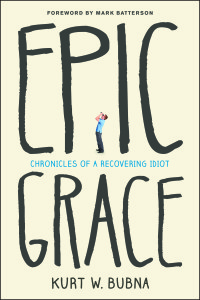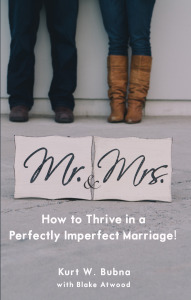It seems odd to me to read those words, cancer survivor. Even though my dad died of cancer, as well as too many other family members and friends, it wasn’t until I heard from my doctor, “I’m afraid we’re dealing with cancer,” that I ever thought about it happening to me. Denial and I are tight.
Sadly, according to the World Health Organization (WHO), cancer is the leading cause of death worldwide with a projected 13 million deaths per year by 2030. [1] That’s a boring statistic until it’s personal, and it is very personal for some. You would be hard-pressed to find anyone who hasn’t had someone they know and love die of cancer.
At fifty-four, and relatively healthy, I went for my annual physical. Every year, the worst part of the exam came when the doctor checked my prostate. Typically, and thankfully, this was a quick part of my examination. Normally, as he pulled his rubber glove off, I’d hear something from the doc like, “Looks good. All is well.” Of course, I never felt very well after that experience, but I was always relieved to get a good report.
This year was different. He wasn’t that quick, and what my doctor said was more than a little disturbing. “Hmmm, I’m going to wait to see what your PSA levels are, but I might need to send you to a urologist,”[2] was not at all what I wanted to hear. Not even close. Have you ever been to see a urologist? Don’t misunderstand me, I’m thankful for all doctors and realize that each has a vital medical role to play. But seriously, why would anyone want to practice urology or proctology?
Sure enough, about a week or so later, I got a postcard in the mail from my general practitioner asking me to make a follow-up visit to discuss my PSA levels. Dang it! I had a sick feeling in my gut that this was not going to be fun, and it wasn’t.
My doc is a great guy. Except for the fact that he’s a vegetarian, I think he’s awesome, but when he referred me to the dreaded urology specialist, I wasn’t too happy. Of course I asked him a few questions about prostate cancer, and he simply said, “Let’s not get ahead of ourselves. It’s best we take this one step at a time. The guy who messes with prostates for a living and charges twice as much as me is better able to answer all your questions.” (He might not have said exactly that last part.)
Not jumping to fearful conclusions is wise counsel unless you’re freaking out and wondering if there’s cancer in your body. That night, while I was trying to go to sleep, my self-talk was relentless . . .
What if this is it . . . the end of the line . . . the last dance . . . the grand finale?
If I do have cancer, how is this going to change my life?
Why is this happening? I knew all that pizza was going to kill me!
I tossed and turned for over an hour until I finally decided that if I was awake, I might as well pray. And pray I did. I got out of bed, and in the darkness of my living room I knelt at the couch and cried out, “God, I know asking why is not as important as asking what. So what do you want me to do? What are you trying to show me through all of this? What the heck is going on?” (Yes, I know, the last question is pretty much a disguised why question.)
Unless you’ve experienced God during a great trial, and I hope you have, it’s difficult to explain how His peace can invade our panic. I didn’t have any visions. The heavens didn’t part. There was no handwriting on the wall or any audible voice. However, I did hear God speak, and He said precisely what I needed to hear: “Kurt, you ain’t dead yet!”
I will admit to you that I was tempted to explore exactly what God meant by “yet,” but I understood God’s challenge. It was an encouragement to stop worrying about the inevitable (i.e. we all eventually die of something) and to make sure that I lived each day I had left with intentionality and purpose.
PERSPECTIVE MATTERS
Let me suggest a few simple ways you can have your own moment of revelation without facing a life-threatening disease like I did.
First, step back and get a different perspective. Embrace the view that includes life long after you are gone, but live like you can make a difference now—because you can. If you think that old automatically means outdated and useless, then change your point of view. Someone once said, “It’s not how old you are, it’s how you are old that matters.” [3]
Second, create a spiritual bucket list. [4] An important part of living with intentionality and on purpose is having some bold spiritual goals and a plan to accomplish them. Too many people wander through life without any idea of what they might accomplish if they simply put their mind to it.
My late uncle, pastor and author Don Bubna, was a stellar example of living on purpose. He stayed active well into his eighties. He once asked me, “Nephew, what would you attempt for God if you knew you could not fail?” Of course, I thought what you’re thinking right now, “But we do fail, and sometimes miserably!” However, my uncle’s point was profound: Live big because we have a great big God, and if you don’t aim high it’s probably because your God is too small.
A spiritual bucket list is a list of things you’d love to do for God before you die. It might include something as simple as finally reading through the entire Bible. It might involve telling your best friend about Jesus before it’s too late. It might be writing a book for your children and your children’s children of precious memories and lessons learned. (Who cares if it gets published? Write it for your family.) It could be serving as a volunteer chaplain in a hospital or using some of your nest egg to go on a mission trip to China. My spiritual mentor Noel Campbell learned to play the violin in his seventies, and it became an instrument of worship for him.
Take a moment right now and pray, “God, what would you like me to do with the rest of my life?”
The final thing you must do, and this is critical, is pick something and pull the trigger. Get in the game. Don’t be like so many others who think life has passed them by. It’s time to stop making excuses and go for it. God is not done with you yet.
{Note: I just had my four-year cancer checkup this past week and continue to be cancer-free.}
Like what you’ve read here today?
Check out my books on Amazon.
[1] http://www.who.int, (January, 2013).
[2] Prostate-Specific Antigen (PSA) level testing is a blood test used to detect prostate cancer.
[3] Ownership of this quote is disputed. It is often attributed to a French author Jules Renard, but no sound source is yet found for this attribution. There is a possibility that it may have been said or written in French by Renard. The earliest source found for this quote in English is in the mid 1900’s, and all the sources attributed this quote to Marie Dressler.
[4] The idea of a “bucket list” became well known through a movie of the same title starring Jack Nicholson and Morgan Freeman. Essentially, it is a list of things you wish to do before you die.
